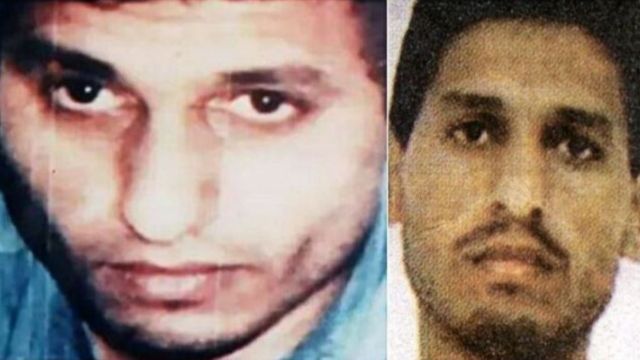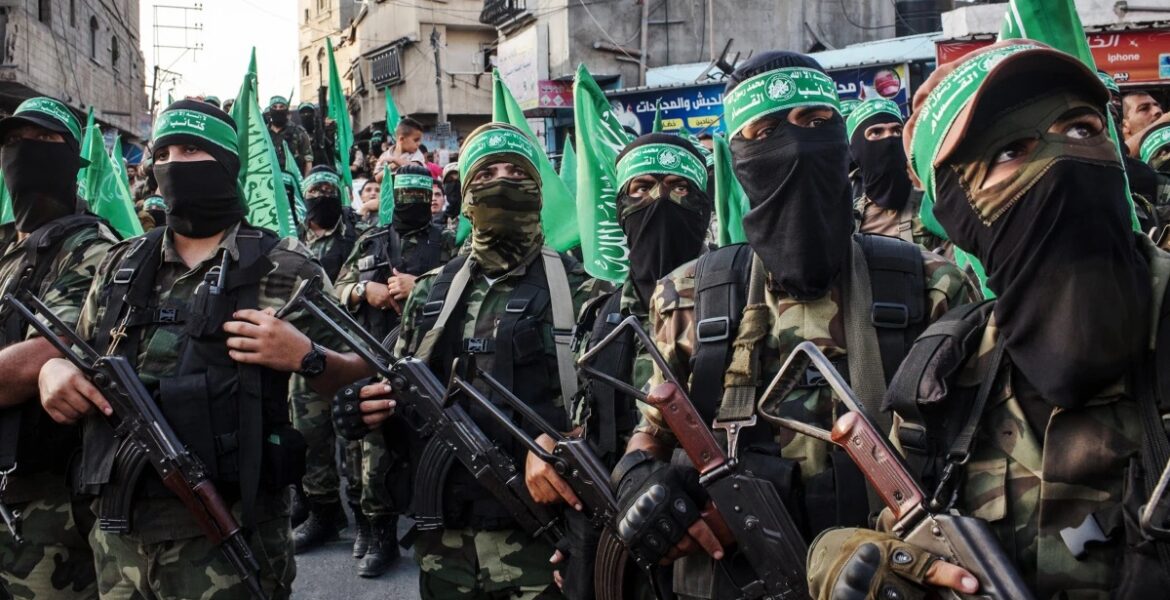Some continue to express surprise that China did not condemn the terrorist attacks of Hamas, despite the fact that four Chinese citizens were among the victims. The initial reaction by Beijing was to urge all parties to “remain calm.” Later, following international pressure, China condemned attacks against civilians in general. However, so far it has never mentioned Hamas by name, while it has continued to indicate the United States as responsible for what happened in the Middle East, replicating the attitude China adopted about the Russian war of aggression against Ukraine.
There should have been no surprise there. Not only China never condemned Hamas and, when urged by the United States, Israel (an important business partner of Beijing), and others, consistently refused to list it as a terrorist organization. In fact, the CCP has supported Hamas for years. Consider the following items.
Item #1. Hamas uses Chinese banks for its financial deals. Israel has evidence of this, but kept a low profile on the issue for the sake of its business relationship with China although, in fact, the behavior of Chinese banks meets the international legal definition of money laundering.
Item #2: Hamas uses, including in the recent attacks, Chinese (as well as Russian) weapons (and North Korean too). China can say it does not supply Hamas directly with weapons, and the Palestinian organization obtains them from Iran, but this would be a lame excuse. China is a close ally and associate of Iran, and obviously cannot ignore where the weapons it supplies to Teheran end up.
Item #3: Chinese dissidents have posted on social media claims that Hamas military commander Mohammed Deif, the mind behind the recent attack, was trained in China and has a Chinese wife (some even say two Chinese wives, after his first Palestinian wife was killed in an Israeli attack). While this information needs further confirmation, it is not unbelievable, and China’s military training of Palestinian militants has a long history.

Item #4: Hamas and its related organizations, while Muslim and Sunni, have never criticized the CCP’s genocide of Sunni Muslim Uyghurs and other Turkic Muslim populations in Xinjiang. Why?
Item #5: The reactions by the CCP media to the events in the Middle East confirms that the Party has a not-so-hidden tradition of anti-Semitism. On October 9 CCTV, the CCP-controlled TV network, commented the news from the Middle East and explained the American support for Israel by noting that “only 200 businesses impact the U.S. economy and controlling these companies are only six or seven Jews… These factors can be used to exert incomparable influence on U.S. politics… Jews represent a mere 3% of the American population but control and manipulate more than 70% of its wealth.” The video had two million views on Weibo. One comment that, rather than being deleted, was highly rated was that “This is why the Germans hated Jews so much back then.”
This is the socialist, left-wing brand of anti-Semitism, of which examples are not hard to be found internationally. In China, anti-Semitism and an anti-Israeli and pro-Hamas stance went hand in hand for decades. There are two main reasons for this attitude. The first is that the CCP is still guided by Chairman Mao’s statement that “We should support whatever the enemy opposes and oppose whatever the enemy supports.” The enemy, obviously, is the United States. The second is that for Xi Jinping the strict alliance with Iran and good relations with the Arab states are crucial. For many reasons, one of which is to obtain the support of the Organization of Islamic Cooperation and other Muslim and Arab organizations for its anti-Uyghur genocidal policies in Xinjiang.
Massimo Introvigne (born June 14, 1955 in Rome) is an Italian sociologist of religions. He is the founder and managing director of the Center for Studies on New Religions (CESNUR), an international network of scholars who study new religious movements. Introvigne is the author of some 70 books and more than 100 articles in the field of sociology of religion. He was the main author of the Enciclopedia delle religioni in Italia (Encyclopedia of Religions in Italy). He is a member of the editorial board for the Interdisciplinary Journal of Research on Religion and of the executive board of University of California Press’ Nova Religio. From January 5 to December 31, 2011, he has served as the “Representative on combating racism, xenophobia and discrimination, with a special focus on discrimination against Christians and members of other religions” of the Organization for Security and Co-operation in Europe (OSCE). From 2012 to 2015 he served as chairperson of the Observatory of Religious Liberty, instituted by the Italian Ministry of Foreign Affairs in order to monitor problems of religious liberty on a worldwide scale.


